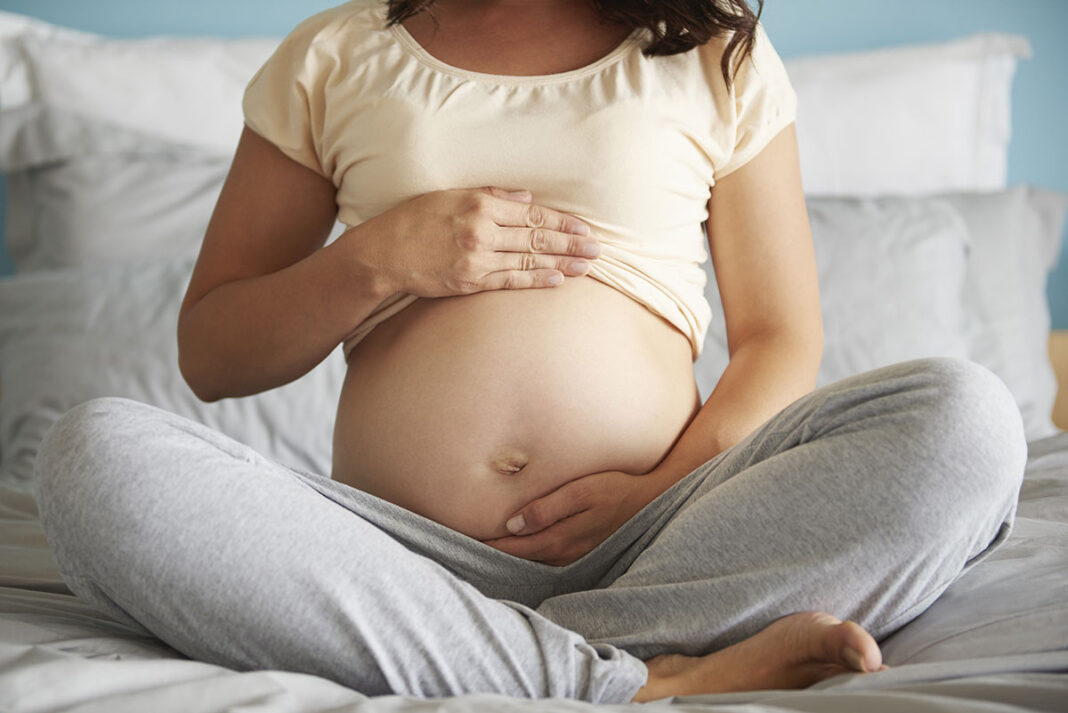Women with lupus can have a safe pregnancy and most will have normal pregnancies and healthy babies, however, they are considered to have a high-risk pregnancy.
Women with lupus can safely get pregnant. If your disease is controlled, it is likely that the pregnancy will not cause exacerbations of the disease, however, you should start planning your pregnancy well before you get pregnant.
The disease must be controlled or in remission for six months before you get pregnant. If lupus is active and you become pregnant, you can suffer an abortion, stillbirth, or other serious health conditions that affect your health or that of your baby.
Pregnancy is very risky for certain groups of women with lupus, these include women with hypertension, lung disease, heart failure, chronic kidney failure, kidney disease, or a history of pre-eclampsia. It can also include women who have had a stroke or flare-up of lupus in the past six months.
The disease may worsen during pregnancy, exacerbations generally occur in the first or second trimester, most are mild, but some exacerbations require immediate medication or may advance labor.
About 2 in 10 pregnant women with lupus suffer from pre-eclampsia, a serious condition that must be treated immediately. The risk of pre-eclampsia is higher in women with lupus who have had a history of kidney disease and if you have pre-eclampsia, you may notice a sudden increase in weight, swelling in the hands and face, blurred vision, dizziness or stomach pain. These are warning signs and you should visit your doctor immediately.
Most babies born to mothers with lupus are healthy. Although it is rare for babies to be born with a condition called neonatal lupus, certain antibodies present in the mother can cause neonatal lupus at birth. A baby with neonatal lupus can have skin manifestations, liver problems, or low levels of red blood cells. Your doctor will test for neonatal lupus during pregnancy where treatment can start at birth or earlier.




